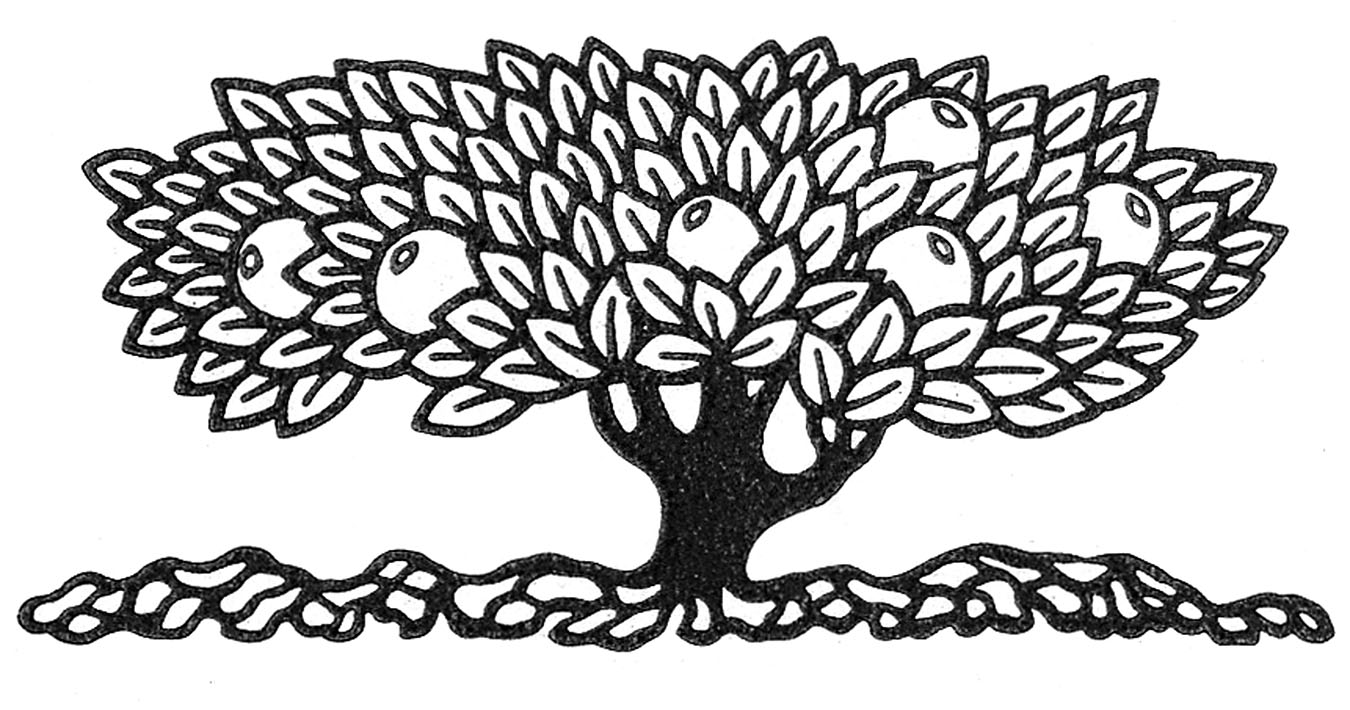The Orcharders
“You reckon we should water them this afternoon?” the Kid asked.
“I s’pose not,” his companion replied. “I suppose when you’ve gotten to be my age, you can read the roots. This one here’s still damp. Flood ’em too soon and you risk rotting them out from underneath.”
To the outside observer, Kid Corson and Papa Loren looked to be the same age: wrinkled bronze skin, grey-white hair, but a strength built from decades in the Orchard. Septuagenarians, maybe: hale and active, but old any way you sliced it. But the Kid had been born seven months later than Papa Loren, and he never let him forget it.
“Oh, I know that old man. But with the pressure to increase yields, I was wondering if we might risk it just this once.”
Papa Loren sighed and stared up at the sky. Gulls are flying low, he thought. Headed inland too. Probably going to storm.
“We may not have much choice, Corson. But we can’t let them rush things. Growing takes time. More than one fool’s tried to rush me. I’ve outlasted them all, though.”
Loren rubbed his right hip where he’d busted it back in his wrestling days. Every once in a while it still acted up. Definitely going to storm.
“I’ve never outlasted a tree, though.”
The Orcharders are the farmers who work Moru Kel’s many groves of productive trees: citron, coconut, guava, mango, ochala, pinepear, platano, walnut, water apple . . . the orchards are part of the heart of the city. Vital but often forgotten, the orcharders typically live on or near the orchard tier, working long hours throughout the year to care for the trees, plant new ones, ensure the soil is fertile, harvest fruits and nuts as they become available, and remove unhealthy trees to prevent the spread of rusts and rots.
 A majority of orcharders are low-paid laborers, but at least what might be migrant work elsewhere is steady in Moru Kel: the city’s tiers provide microclimates, with the orchard tier flourishing during the hot, wet season while surrounding farms at ground level are productive during cooler and drier months. Laborers shift from area to area based on the needs (and pay) of each.
A majority of orcharders are low-paid laborers, but at least what might be migrant work elsewhere is steady in Moru Kel: the city’s tiers provide microclimates, with the orchard tier flourishing during the hot, wet season while surrounding farms at ground level are productive during cooler and drier months. Laborers shift from area to area based on the needs (and pay) of each.
A few orcharders are more skilled: foremen are there to manage the crews and make sure they have the tools they need. A shrine of Pashan on the orchard tier is open to all, but is especially important to the druids who help care for the health of the trees. There are also managers handling the business side of things, negotiating prices and wages with the owners.
At the top of them all — or as he’d say, serving them all — is Papa Loren, a fixture for the past 50 years in the orchards. He still rises before dawn each day, doing a circuit to check on the health of the trees and plot out where the most hands are needed, then tending to business matters in the afternoon. In between it all he manages disputes between workers, helps deal with injuries and logistics, and generally takes responsibility for ensuring that the city’s trees are productive and happy.
Orcharder’s Ball
Held at the end of the hot, rainy season each year, the Orcharder’s Ball is one of the most joyous days is the city. A feast of the season’s plenty is followed by dancing, music, drinking, and merrymaking, alongside thanks to Pashan for his bounty. Open to all, the Ball is most popular among the orcharders and the working class. Many a husband and wife among the populace were introduced over a cup of mead or pinepear juice at the Ball!
It’s often viewed as too rustic to attract many nobles, though the Marghoz and Marghoza have made a point of attending every year of their reign.
↞ Previous: The Moon Dome Next: The Rose Stone Craze ↠